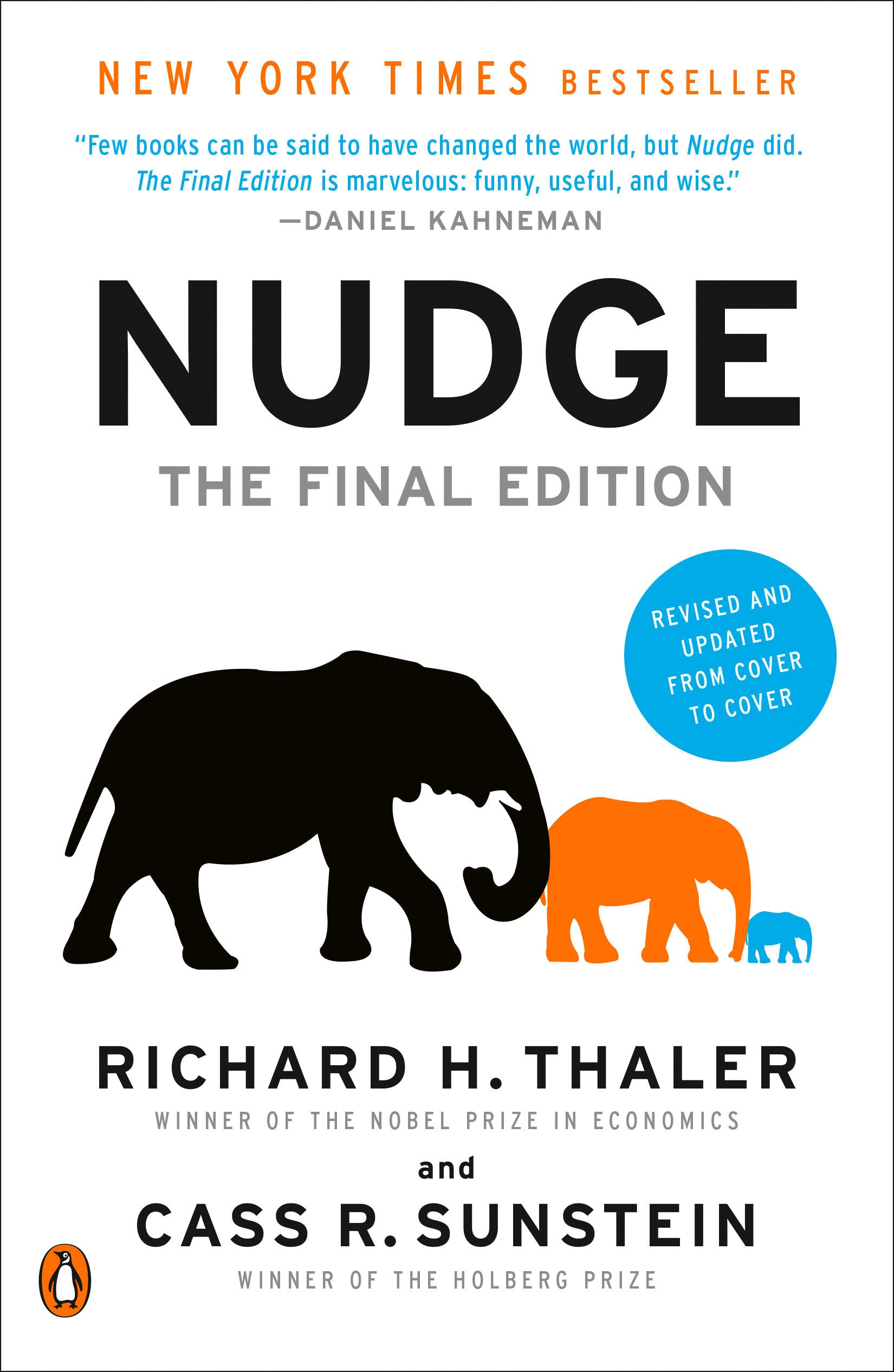3 minute read
Portsmouth, New Hampshire
While Mark Taylor was working as an architect, happily designing innovative residences and commercial buildings in California, he had no idea that he was about to become an accidental entrepreneur and positively impact the lives of millions of children.
In the early 1930s, Mark’s grandfather, a researcher, inventor, and educator, had developed a series of products that were used to measure eye movement. These products were used in reading clinics around the country to help children who were struggling with reading. In the 1950s Mark’s father took up leadership of the company, advancing it and its product offering, and publishing a landmark research study linking eye movement to comprehension-based silent reading rates. By the end of the 1990s however, the business was struggling to transition from a hardware business to a software business. Mark agreed to temporarily join the company to help with this transition. He said he’d do it for three years.
Fifteen years later, and through many transitions, Mark became the sole owner and CEO of Reading Plus–a leading education technology company serving over 4,500 schools and helping millions of kids improve their reading skills. Not only had Mark stayed beyond his original time commitment, he had relocated the company from New York to Vermont, recruited an experienced senior management team, and fully transitioned the Reading Plus business model from “selling products” to Software-as-a-Service (SaaS).
In 2017, Mark was introduced to Bigelow by a mutual friend. The very next day he drove from Burlington, VT to Portsmouth, NH to meet with us to tell us his story. And so began a multi-year relationship with Bigelow.
What emerged from that first Bigelow meeting was a clear picture. In order to scale the business to the size it could be, helping millions of children who need better reading skills, it needed an evolved sales strategy that matched its SaaS model. Mark took a snapshot of his personal goals and realized he was not the “best fit” guy to do that. His passion was developing a world-class solution that helped kids to read, not selling to school boards and districts. It was time to find a new majority investor who could execute on the new sales strategy and bring in a new CEO.
Like most EOM businesses, the company had work to do, so Bigelow worked with Mark to develop a plan for what the company should do to get ready to choose a new majority investor. A third-party market study to confirm the market size and opportunity, a re-branding initiative and new website to better articulate the company’s value proposition, hiring a new sales leader, and some initial changes to the sales model that would be the pre-cursor to a broader, more strategic move to supplement the existing reseller network with a direct sales team.
A year or so later, as the business began to get some traction on the plan, focus shifted to the things that would need to be done ahead of a transaction itself: a quality of earnings report, hiring an M&A attorney, and some estate planning.
The Reading Plus team executed the plan flawlessly.
Two years after meeting Mark, and with the benefit of a robust plan and thoughtful preparation, Bigelow was able to identify and attract the highest caliber education investors to Reading Plus. With significant input from his senior management team, Mark chose to recapitalize the business with Sterling Partners Education Opportunity Fund.
Sterling’s Education Opportunity Fund was launched in partnership with Strada Education Network, a mission-driven, nonprofit organization with a focus on promoting a more purposeful path for students to and through college and on to rewarding careers and successful lives. The cultural and mission fit could not have been stronger.
The management team became meaningful owners in the company and, day one, Mark was able to transition out of the CEO role and become Chairman.
Note: I also did a podcast with Mark Taylor immediately following the capital gain event which you might enjoy and can listen to here. Mark openly explains what caused his “idealistic awakening” and realization that he wanted to fully own the leadership role of the business (which became a turning point for the company) before he could position it for its ultimate long term sustainable impact on the lives of millions of children—and positive impact on all the other stakeholders as well.
What I am Reading / Listening to
Nudge: The Final Edition (2009)
By Richard H. Thaler and Cass R. Sunstein
Contributed by Stephen R. McGee
Anticipating our Bigelow Connectors event in October, we wanted to share with you the first book in The Bigelow Connectors Library: Nudge: The Final Edition by Richard H. Thaler and Cass R. Sunstein.
Thaler and Sunstein authored a book in 2008 called Nudge: Improving Decisions about Health, Wealth, and Happiness, which suggests that there are many opportunities to “nudge” people’s behavior by making subtle changes to the context in which they make decisions. The original Nudge, now over 10 years old, had a massive impact on the field of behavioral economics and gave rise to 100's of "nudge units" in governments around the world and a whole new vocabulary for better decision making. This "Final Edition" (an amusing behavioral commitment device) has been rewritten from cover to cover and brings a wealth of updated insights into the field of behavioral economics. As with the first edition, Thaler and Sunstein do it in their own self-deprecating and lighthearted style.
Entrepreneur Owner-Manager Quote
"I see myself as a puzzle maker. I think to have an interesting puzzle you need interesting ingredients, something that’s worthy of solving. I tend to put together the pieces in a way that allows others to help construct something that’s bigger than any of us.”
-Mark Taylor, Former CEO of Reading Plus, LLC
Energy Creation
I have found if you ask private business owners how much they’ve changed in the past five years they almost always say “a lot.” Then, if you ask them how much will they change in the next five years, they almost always say “only a little bit, or not much.” At almost any age, we always act as if any change we’re going to do in our lives is done. Which is absurd because you change a lot all the time.
When Entrepreneur Owner-Managers make important personal or professional decisions, one of the most significant errors we see them make is that they think they are choosing for who they are right now or who they remember themselves to be. What they are actually choosing is for the person they are going to be five years from now who is actually going to be very different than they are today.
Its undeniably true. So why do most of us think who we are now is who we will always be? Why do we persist in trying to make vital personal or professional decisions based upon who we used to be instead of who we are striving to become?

© 2024 Bigelow LLC. All rights reserved.



